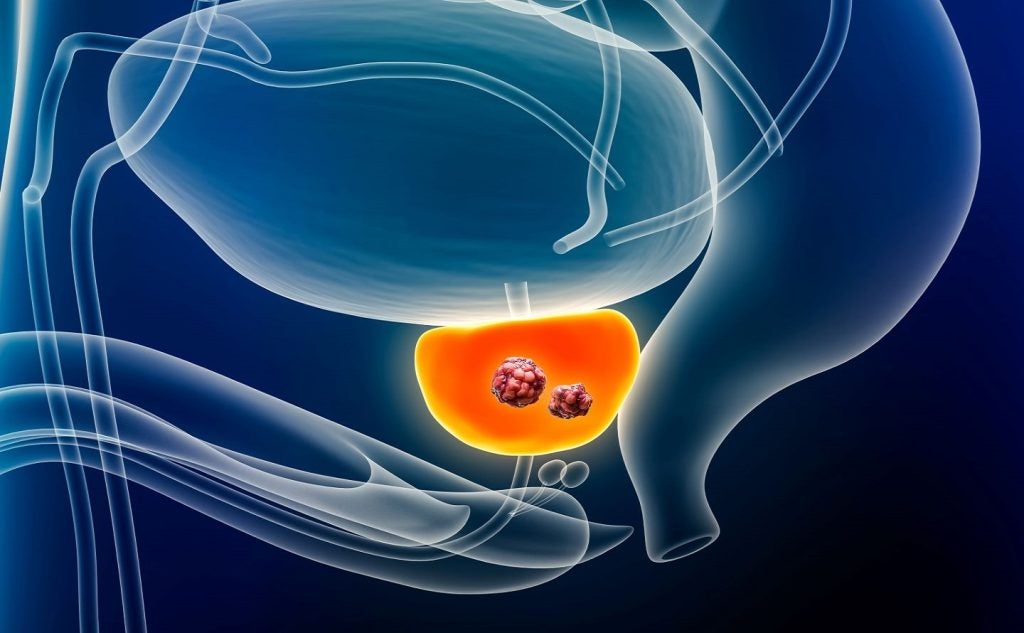Adela has received $48m in financing to advance its tissue-agnostic minimal residual disease (MRD) monitoring product portfolio.
This financing round is supported by existing investors OrbiMed, F-Prime Capital, Decheng Capital, Deerfield Management and RA Capital Management, in addition to new investor Labcorp.
The capital raised so far has now reached a total of $108m.
Adela will use the proceeds from the financing to advance its technology platform and commercialise its first product for MRD monitoring.
The company’s MRD monitoring product leverages a genome-wide methylome enrichment platform that acquires genomic information for maximising test performance and enhancing treatment decisions.
The corporation will also use the funding to continue the development of its multi-cancer early-detection product, which leverages the same platform.
Adela chief scientific officer Daniel De Carvalho collaborated with investigators at Sinai Health System to develop the platform.
The company also announced that Lisa Alderson will replace Dr Scott Bratman as its interim CEO.
Bratman will remain president and a member of Adela's board of directors.
Alderson said: “During my tenure on the board of directors of Adela, I have been highly impressed with the talent, dedication and passion of the Adela team, as well as with the unique ability of its genome-wide methylome enrichment platform to access expansive biological information cost-efficiently.
“This round of financing enables us to prepare operationally to commercialise products that hold the potential to improve care for millions of people with cancer.”















